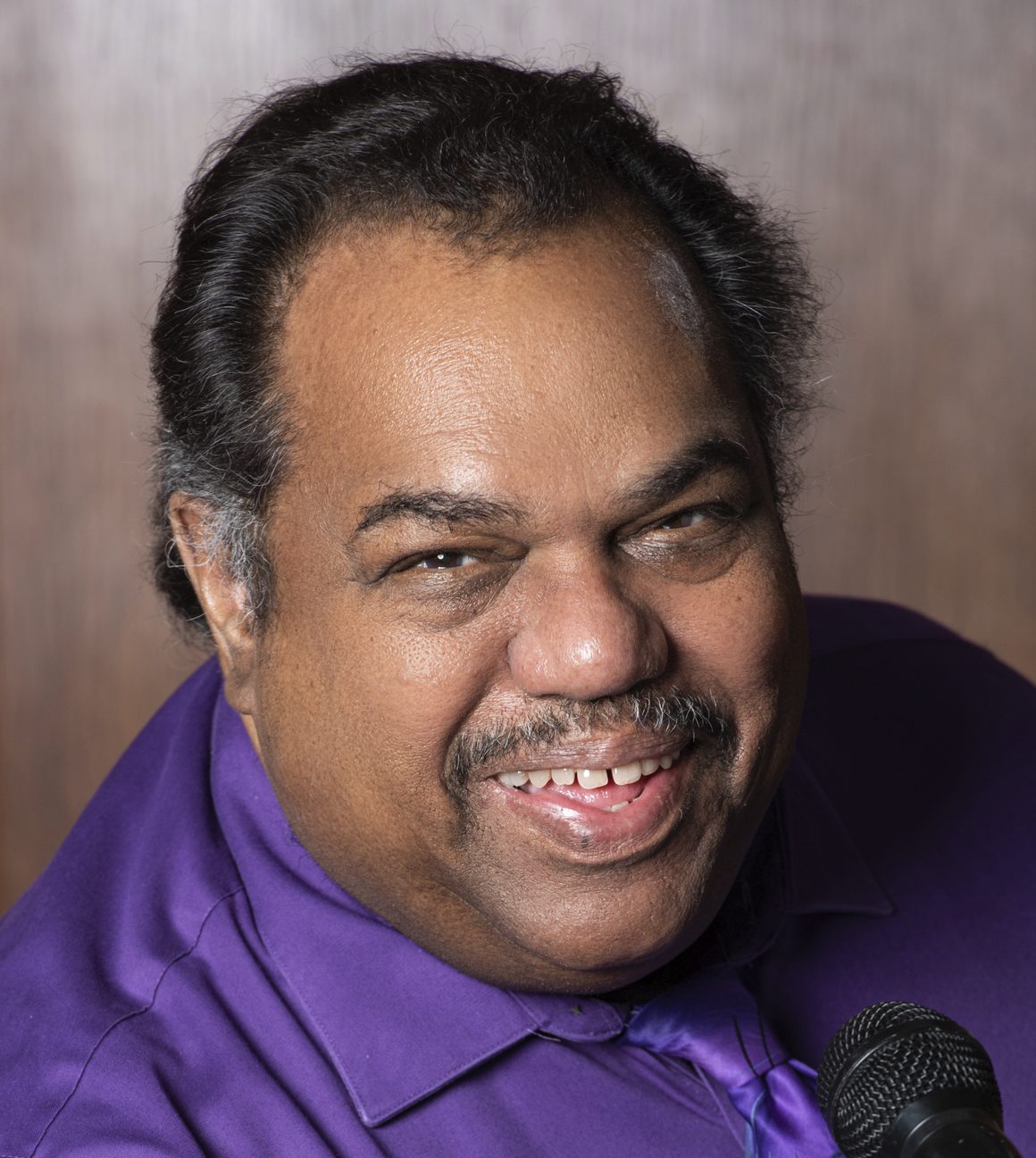Daryl Davis

Musician, Author, Internationally Acclaimed Conflict Navigator, Compelling Unifier, and Klan Whisperer
Expert on
- Diversity
- Bias
- Conversations That Ignite Change
- Building Trust
- Civility
- The Power of Music
- White Supremacy Issues
- Race in America
Fee Range
$15,000–$20,000Travels from
MD, USBiography
How do you build understanding, calm fear, and put an end to hate and racism? One conversation at a time! Daryl Davis is a renowned blues and rock musician who’s toured the world playing with musical greats including 32 years as Chuck Berry’s piano player. But Daryl’s obsession is more serious. He’s a bridge-builder who’s engaged leaders of the KKK and White supremacist groups face to face to ask a question: “How can you hate me when you don’t even know me?” That question stemmed from his first encounter with racism at age ten when he was pelted with rocks, bottles, and soda cans by a handful of White spectators while marching in a parade. Daryl meets his detractors’ hatred with civility, patience, and listening. He seeks to understand – not change minds. His conversations spawn genuine and lasting friendships with many changing their own minds and disavowed hateful beliefs. Some even gave Daryl their robes and hoods when they did. As a speaker, Daryl is an extraordinary storyteller who inspires and empowers audiences with tools they can use to ignite positive change in their workplace, their community, and in relations with family and friends. Daryl’s work is chronicled in his book Klan-Destine Relationships and the documentary Accidental Courtesy. Daryl’s TEDx talk has over 12 million views.

